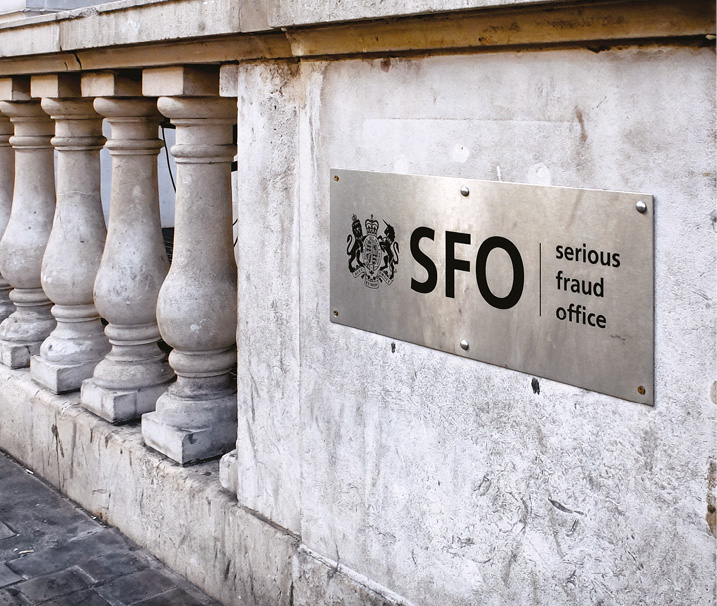
Legal professional privilege (LPP) is a key component of the ability of lawyers to advise their clients. It is a fundamental right that enables clients to give full and frank disclosure of confidential information to their lawyers, so that they can receive
legal advice secure in the knowledge it will not become disclosable and therefore open to scrutiny at the hands of third parties.
SFO v ENRC
LPP is a principle that, although entrenched in our legal system, has long been a topic of considerable debate. The most important decision on the principle of LPP in recent times came from the Court of Appeal last September, in Director of the Serious Fraud Office v Eurasian Natural Resources Corporation Ltd (Law Society Intervening) [2018] EWCA Civ 2006, [2018] All ER (D) 05 (Sep). This landmark appeal was a defining moment in our understanding of the scope of the LPP principle









